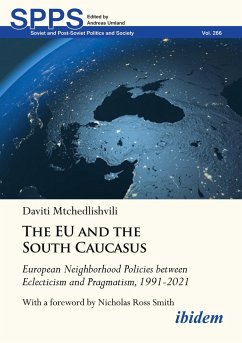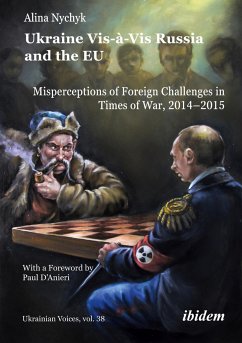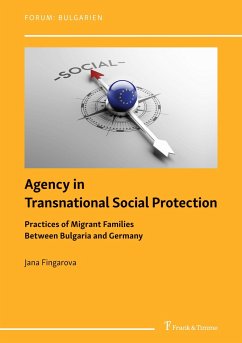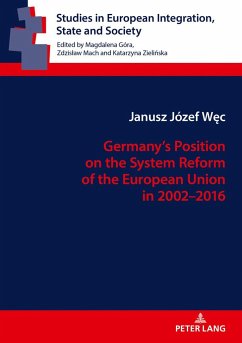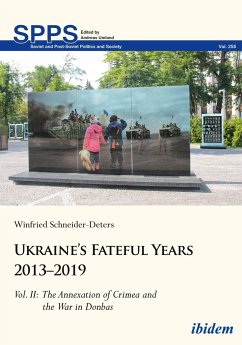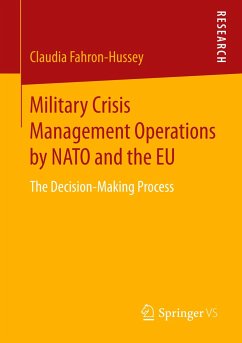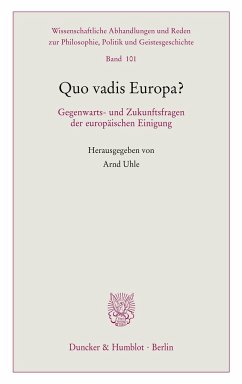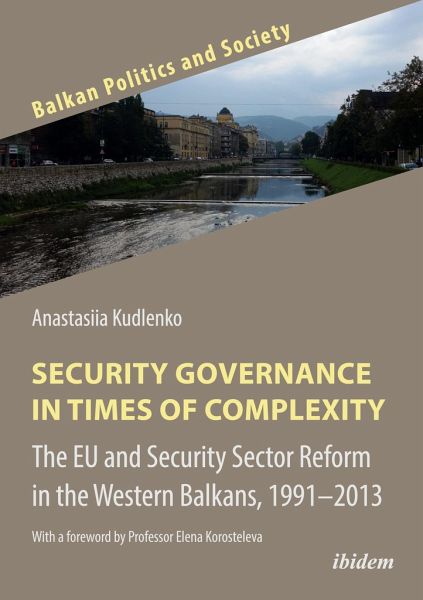
Security Governance in Times of Complexity: The EU and Security Sector Reform in the Western Balkans, 1991-2013

PAYBACK Punkte
0 °P sammeln!
Framed by complexity-thinking, this book uses the prism of security sector reform (SSR) to trace the co-evolution of the Western Balkans as part of the EU/Europe security community and the European Union (EU) as a security actor. It aims to analyse the suitability and adaptability of EU security governance to a VUCA world, i.e. a world of increasing vulnerability, uncertainty, complexity, and ambiguity-the world of transformative change. It takes a detailed view on the transformation of regional and state security in the Western Balkans and the EU's role in the process between 1991, the year t...
Framed by complexity-thinking, this book uses the prism of security sector reform (SSR) to trace the co-evolution of the Western Balkans as part of the EU/Europe security community and the European Union (EU) as a security actor. It aims to analyse the suitability and adaptability of EU security governance to a VUCA world, i.e. a world of increasing vulnerability, uncertainty, complexity, and ambiguity-the world of transformative change. It takes a detailed view on the transformation of regional and state security in the Western Balkans and the EU's role in the process between 1991, the year that marked the flare-up of violence and large-scale conflict, and 2013, when the first state of the region joined the EU.




